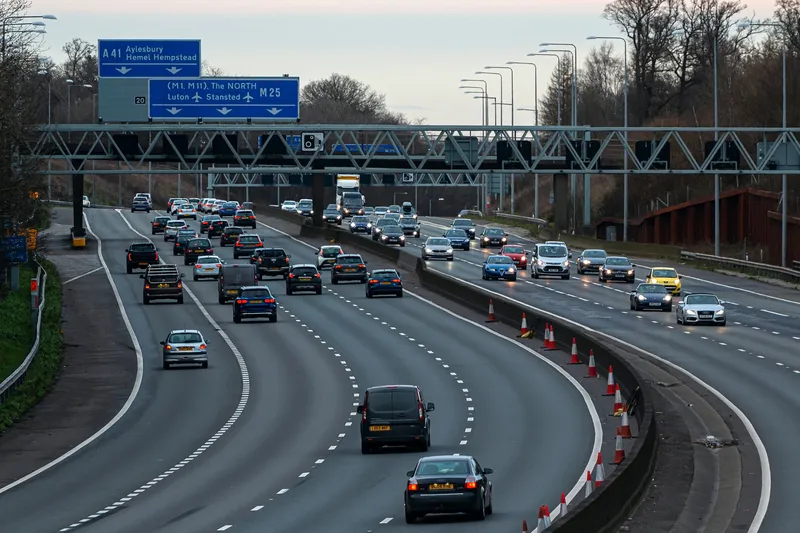UK road safety charity Brake is calling on drivers to stay sober if driving over the Christmas period or plan to get home by taxi or public transport, to prevent road casualties.
Brake is renewing calls for a zero tolerance drink drive limit of 20mg alcohol per 100ml of blood, in line with evidence which claims that even one drink dramatically increases crash risk and to send a clear message it should be none for the road. Brake says a blood alcohol level of 20-50mg increases the likelihood of crashing t
December 19, 2016
Read time: 2 mins
UK road safety charity 4235 Brake is calling on drivers to stay sober if driving over the Christmas period or plan to get home by taxi or public transport, to prevent road casualties.
Brake is renewing calls for a zero tolerance drink drive limit of 20mg alcohol per 100ml of blood, in line with evidence which claims that even one drink dramatically increases crash risk and to send a clear message it should be none for the road. Brake says a blood alcohol level of 20-50mg increases the likelihood of crashing three-fold.
The call comes on the back of a recent survey by Brake and Direct Line which showed that more than three-quarters of drivers thought the current drink-drive limit too high.
Brake also called on the government to take action on drink driving. The Scottish Government introduced a lower limit of 50mg of alcohol per 100ml of blood in December 2014. The rest of the UK still retains an 80mg limit, higher than all other EU countries except Malta. Road Safety Scotland launched its drink-drive campaign this month.
Brake is renewing calls for a zero tolerance drink drive limit of 20mg alcohol per 100ml of blood, in line with evidence which claims that even one drink dramatically increases crash risk and to send a clear message it should be none for the road. Brake says a blood alcohol level of 20-50mg increases the likelihood of crashing three-fold.
The call comes on the back of a recent survey by Brake and Direct Line which showed that more than three-quarters of drivers thought the current drink-drive limit too high.
Brake also called on the government to take action on drink driving. The Scottish Government introduced a lower limit of 50mg of alcohol per 100ml of blood in December 2014. The rest of the UK still retains an 80mg limit, higher than all other EU countries except Malta. Road Safety Scotland launched its drink-drive campaign this month.










